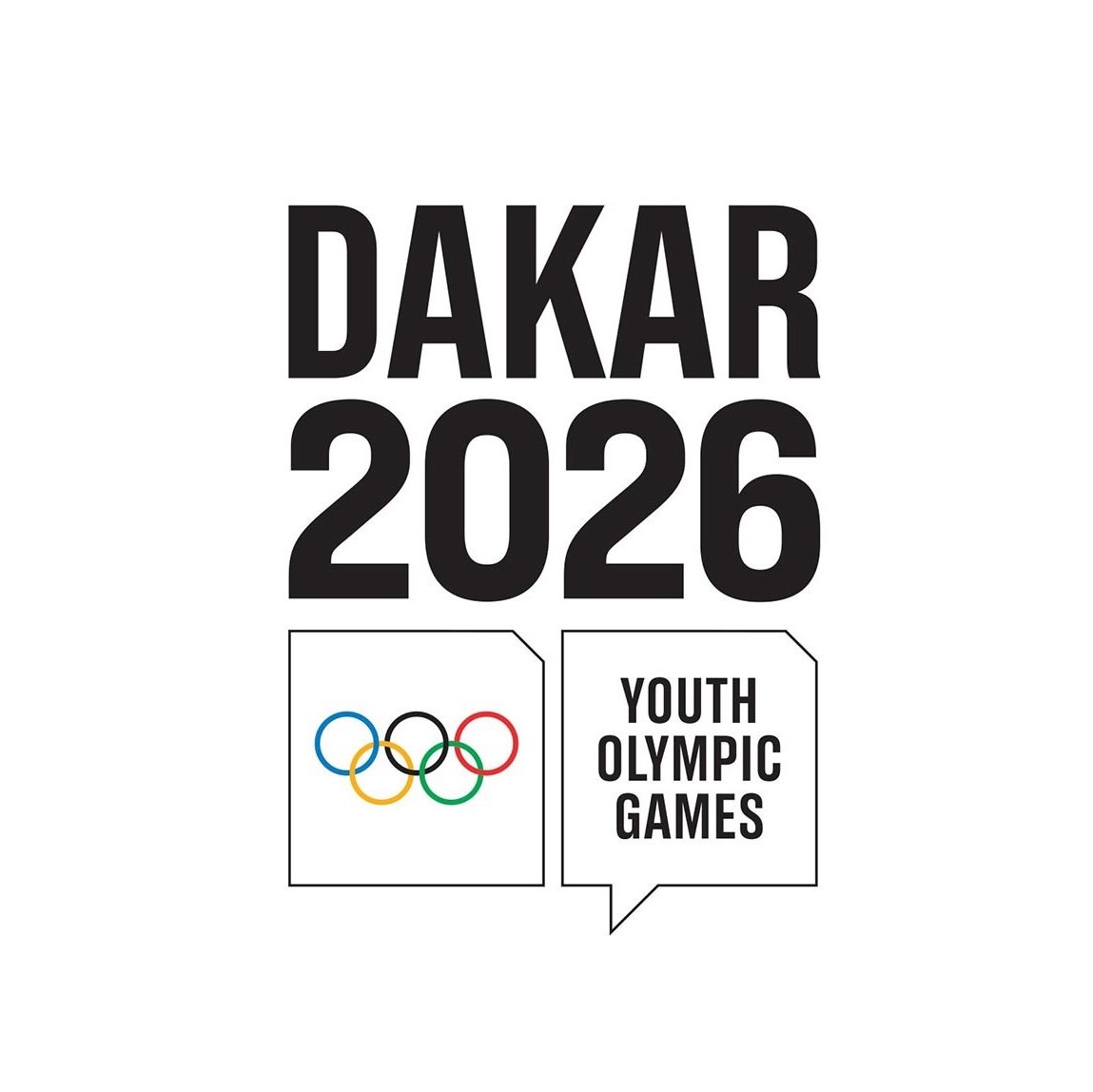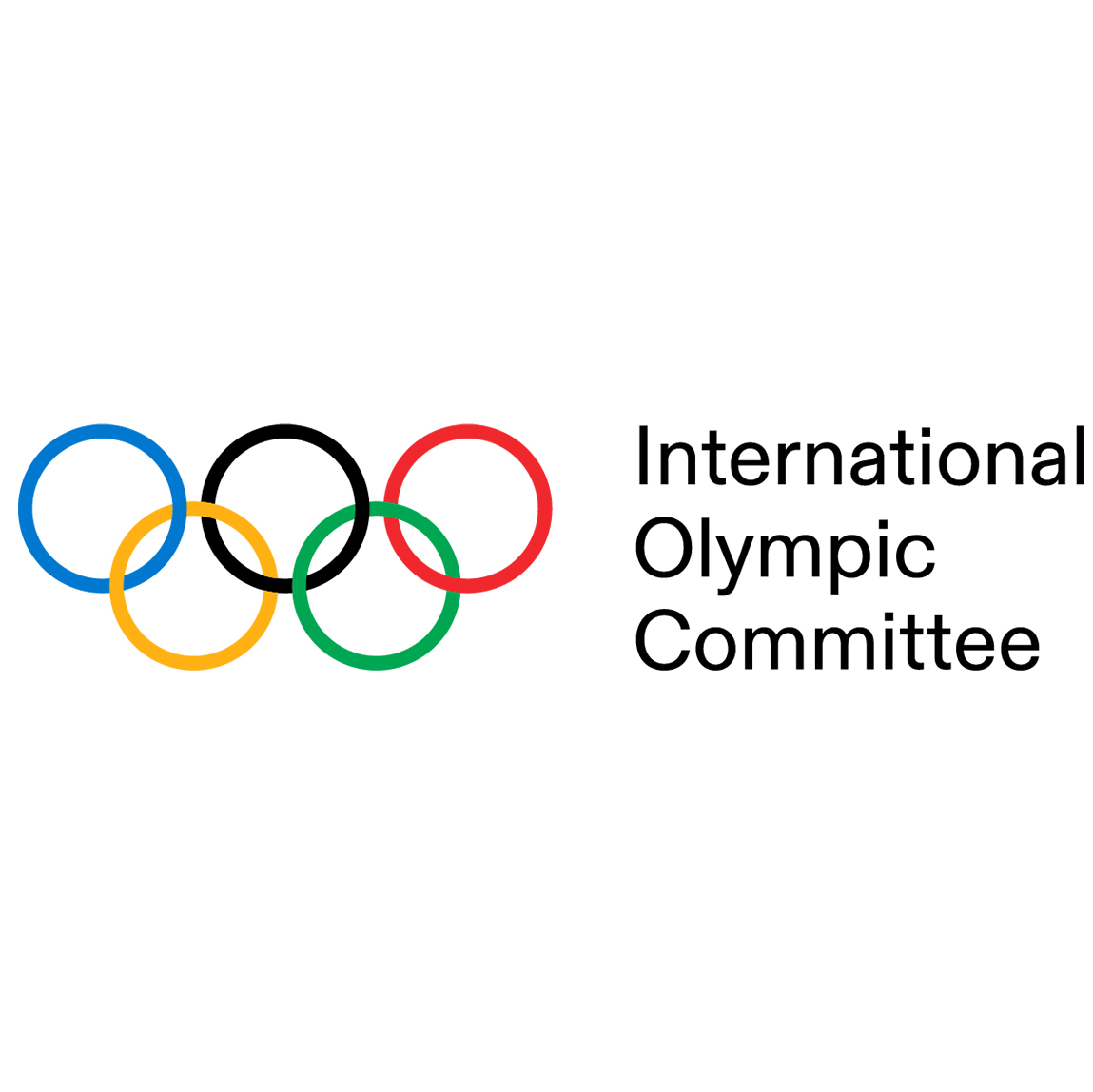
Olympic Refuge Foundation reaffirms its commitment to supporting displaced people around the world
The ORF Board was hosted in Doha by the Qatar Olympic Committee, which has been instrumental in building and supporting the Foundation logistically and financially since its inception in 2017. The Board members were welcomed by Her Excellency Lolwah Rashid Al-Khater, Minister of State for International Cooperation, and His Excellency Joaan Bin Hamad Al-Thani, President of the Qatar Olympic Committee and ORF Board member.
The Chair of the Board, International Olympic Committee (IOC) President Thomas Bach, and the Co-Chair, United Nations (UN) High Commissioner for Refugees Filippo Grandi, appointed two new members to the Board – IOC Members Michelle Yeoh and Britta Heidemann, who is an Olympic champion. Both will begin their terms on 1 September 2024.
The 2023 Annual Report and financial reports were presented and approved by the Board.
After the meeting, the Board members visited a sport and education centre for refugees from conflict zones. The centre provides medical care and a range of rehabilitation services for the injured and their families.
The Board members met many of the residents and took part in sporting activities with some of the children in the centre.
Greater impact than ever before
To date, the work of the ORF has resulted in almost 400,000 young people being able to access safe sport. More than 1,600 coaches have been trained in delivering safe sport sessions, and ORF programmes have supported young people in 11 countries across all five continents.
2023 was a year in which the Foundation’s impact reached further than ever before. New programmes were launched in Burkina Faso, Uganda and Jordan, and the largest number of athletes ever were supported through the Refugee Athlete Scholarship programme.
The scale and the ambition of the Foundation’s work were demonstrated when more than 140 organisations were mobilised to commit to the Multistakeholder Pledge on Sport for Inclusion and Protection, which was announced by IOC President and ORF Chair Thomas Bach. This resulted in organisations collectively pledging USD 50 million to reach more than 825,000 people affected by displacement. The ORF carried out this work through the Sport for Refugees Coalition, which it co-convenes with UNHCR and the Scort Foundation.
In a further desire to achieve scale through partnership, the ORF is working in collaboration with the International Federation of Red Cross and Red Crescent Societies Psychosocial Centre (IFRC PS Centre) to deliver and scale Sport Coach+, an innovative response aimed at supporting the mental health and well-being of displaced young people from Ukraine. Through the training of coaches, this initiative is expected to reach as many as 100,000 young people.
Looking to the year ahead
The Foundation’s key priorities for 2024 were laid out to the Board during the meeting. In this calendar year, the ORF will focus on advocacy to influence and embed sport into policy and practice in local and national systems, such as through refugee response frameworks or mental health and psychosocial support (MHPSS) service delivery and guidelines. Expanding its reach into a new country, the ORF has launched a new programme in Burundi, where there is a large population of internally displaced people, refugees and asylum seekers from the Democratic Republic of the Congo, and more than 180,000 Burundian returnees who have been repatriated since 2017.
Following on from last year, the ORF will continue to scale support for Ukrainian refugees through Sport Coach+ and deliver training in eight countries, including Ukraine and neighbouring countries. Further, it will continue to mobilise the Sport for Refugees Coalition to ensure collective implementation of the Multistakeholder Pledge made at the Global Refugee Forum in December 2023.
Looking ahead to the Olympic Games Paris 2024, the ORF will focus on the preparations of the IOC Refugee Olympic Team, in order to provide the best experience for the team at Paris 2024, allowing them to thrive and compete to the best of their abilities at the Games. By achieving visibility for the team, the ORF will also draw attention to the many displacement crises around the world, present a positive image of refugees, and raise awareness of the role sport can play in supporting the more than 100 million displaced people globally.



























